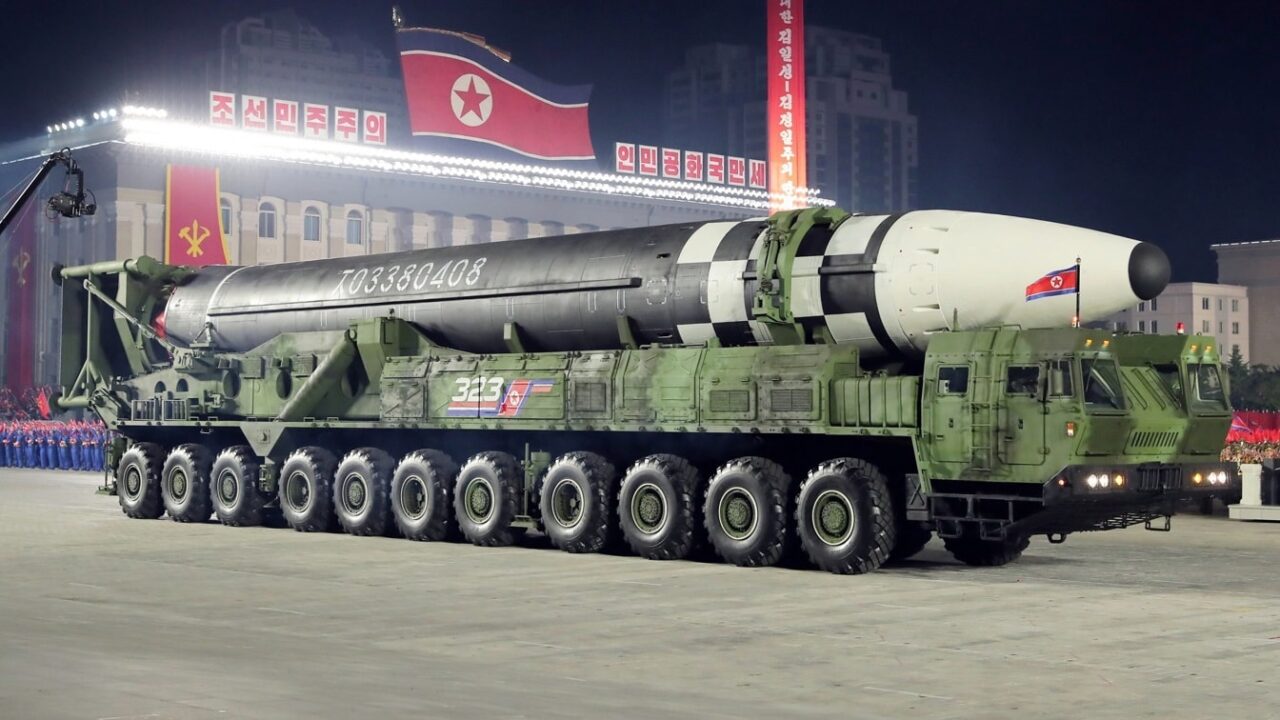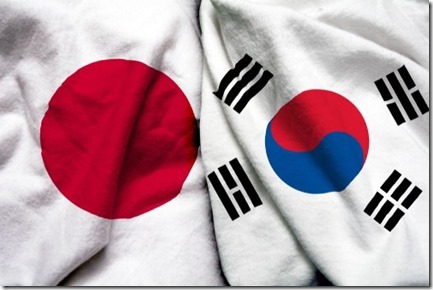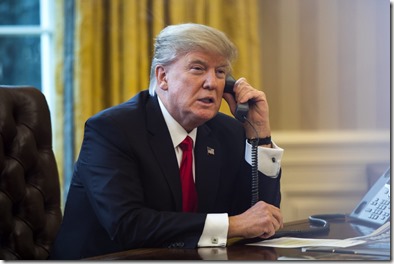 Vladimir Putin and Kim Jong Un are gangsters who rule over mafia states. No wonder they get along famously. Like recognizes like.
Vladimir Putin and Kim Jong Un are gangsters who rule over mafia states. No wonder they get along famously. Like recognizes like.
Most of the commentary on the meting of Kim and Putin has focused on what they will trade to each other: NK weapons for Russian aerospace tech seems to be the consensus.
But what interests me more is how these two are basically the same type of El Jefe, Big Boss gangster leader. They both run their countries like their personal fiefdoms, and they tolerate massive corruption to tie elites to themselves – or they push them out windows if they speak up to loud. It’s like a Scorsese movie.
And their ‘summit’ is like the Commission meeting scene in The Godfather. Everyone notes this about authoritarian states – how they slide into gangsterism. But I can’t think of any academic IR work on how that impacts foreign policy or alignment choices. The mafia experience does suggest, though, that any alignments are entirely transactional and will be betrayed as soon something more valuable comes along. I could certainly see rank, cynical opportunism being the dominant ethos of a Russia-North Korean pact.
I wrote this all up at 1945.com. Here is my takeaway:
This is a fitting meeting for both leaders. Both govern effectively as gangsters. They rule in the mafia-style, relying heavily on family, friends, and other long-time associates. Both treat political opponents as competitors to be eliminated, frequently with great brutality to warn others against intrigue or deception. Both corrupt the institutions of their own country and the international institutions in which they operate. Both engage in rampant criminality — smuggling, trafficking, and fraud — to raise external funds. Both treat state resources as a personal slush fund.
Read the rest here.

 Russia’s success at blocking NATO intervention in the Ukraine war via its nuclear weapons is a huge learning moment for North Korea. This is a re-post of an essay I wrote
Russia’s success at blocking NATO intervention in the Ukraine war via its nuclear weapons is a huge learning moment for North Korea. This is a re-post of an essay I wrote  This is a re-post of an essay I wrote for
This is a re-post of an essay I wrote for 





